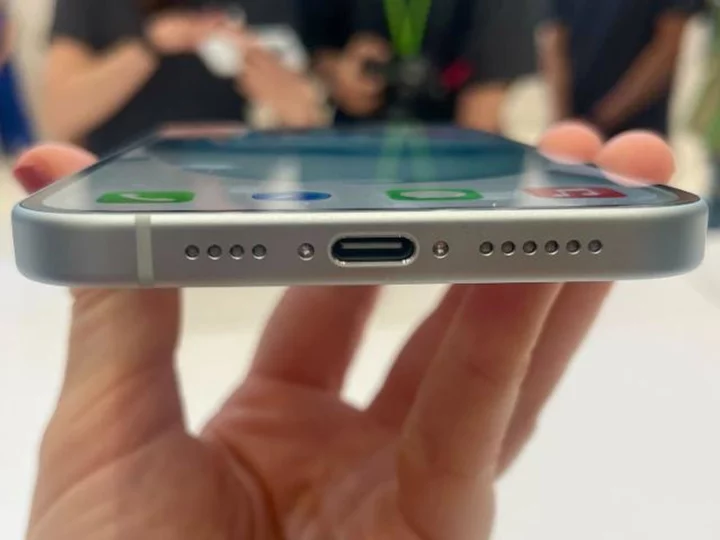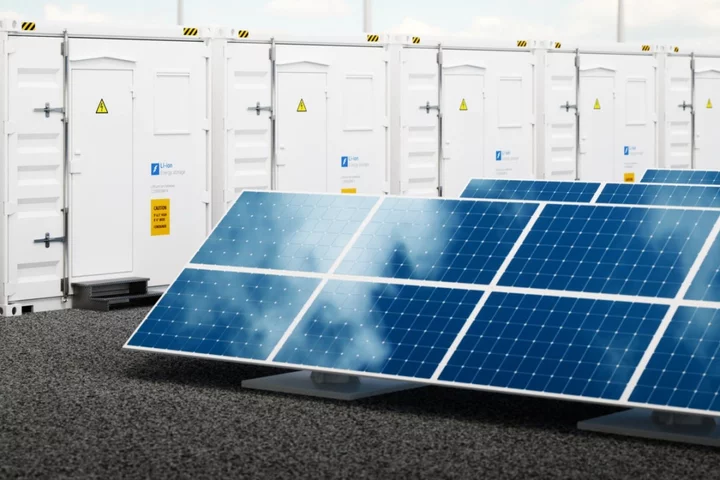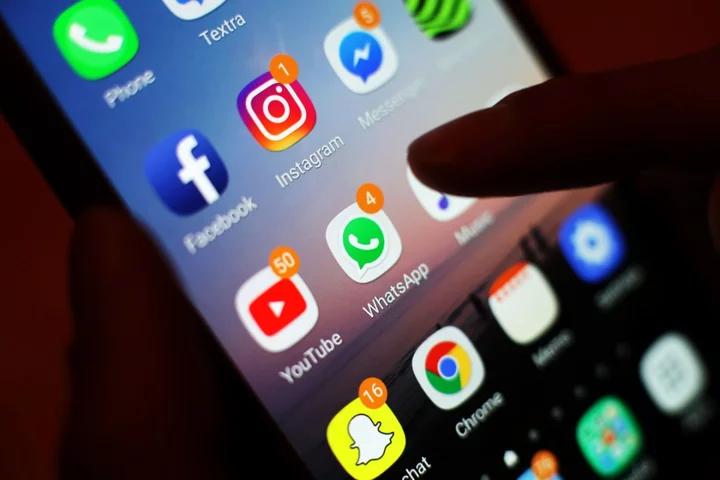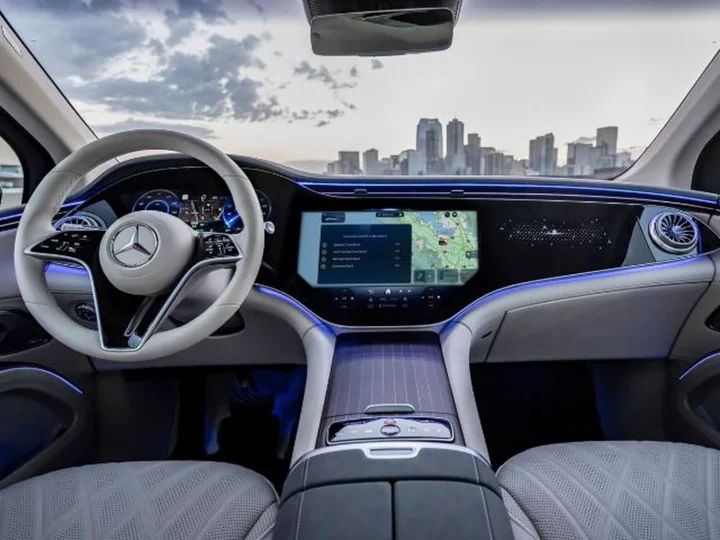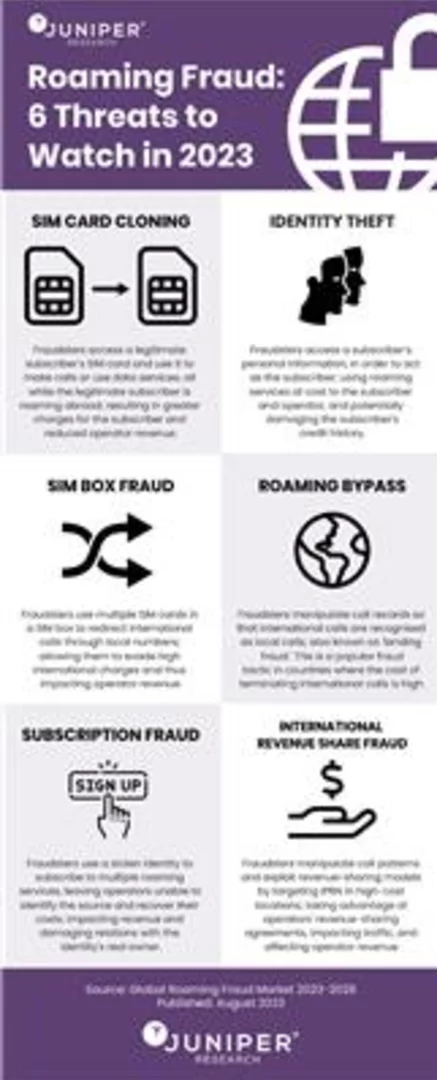Apple quietly announced its next-generation Pencil that works with iPads and now includes USB-C charging.
The change comes nearly a month after Apple retired its Lightning charger, a milestone moment toward universal charging amid pressure from EU regulators.
Like previous models, the third-generation Apple Pencil is intended for taking notes, sketching and marking up documents. It also supports the hover feature, which allows users to preview and switch between different tools and app controls, when used with a 12.9-inch iPad Pro 12.9-inch (6th generation) and 11-inch iPad Pro (4th generation). The price is $79, down $20 from the second-generation Apple Pencil and $50 less than the original.
The biggest change to the latest model comes to the charging system, which is noteworthy not only because the company has been resistant to making the switch for years but because it's about to make charging that much easier for its customers.
At its iPhone 15 event in September, the company announced all of its next-generation smartphones and new AirPods Pro will launch with USB-C charging. Apple previously switched its iPads and MacBooks to USB-C charging, but the push to finally add it to iPhones came less than a year after the European Union voted to approve legislation to require smartphones, tablets, digital cameras, portable speakers and other small devices to support USB-C charging by 2024.
The first-of-its-kind law aims to pare down the number of chargers and cables consumers must contend with when they purchase a new device and to allow users to mix and match devices and chargers even if they were produced by different manufacturers. In doing so, however, Apple will give up control of its wired charging ecosystem, and identifying good chargers from bad ones won't be obvious to many consumers.
Although Apple does not break out its Pencil sales numbers, David McQueen, a director at ABI Research, estimates about 42 million have been sold since it launched in 2015, considering 420 million iPads have been sold since then (assuming 10% or fewer of these consumers have bought an Apple Pencil).
"I'd have to think it'd be this low because of its relatively high price, high-end use case, and the availability of much cheaper alternatives that are capable of working with iPad," he said.

